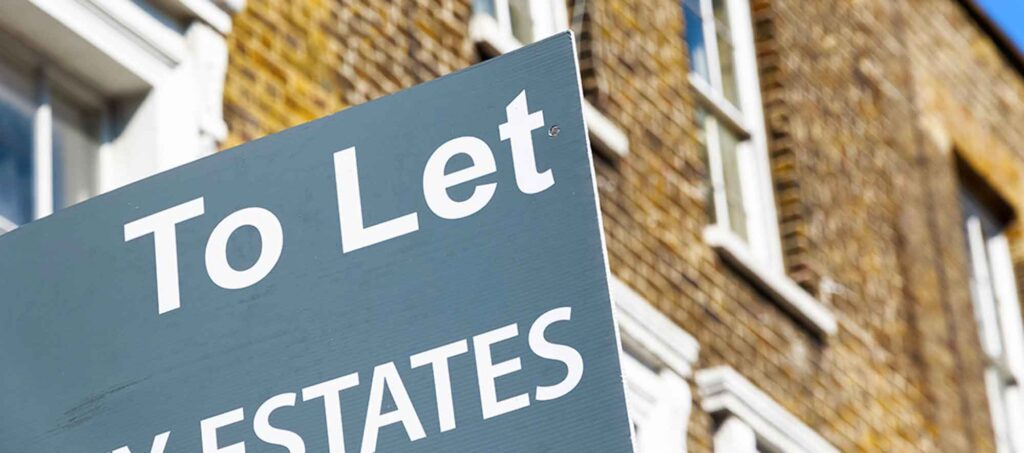Are pensions or buy-to-let properties a better investment for retirement income?
Many people ask which is the better investment – a pension or property?

Are pensions or buy-to-let properties a better investment for retirement income?
Many people ask which is the better investment – a pension or property? This is a common question and there’s a lot to consider. There’s no right or wrong answer, instead, it depends entirely on your individual circumstances, so it’s worth exploring all your options.
Investing in a defined contribution pension
- Flexible contributions – Investing in a pension is a long-term commitment to saving and investing, but the investments you make into a pension are relatively flexible in the sense that they can be purchased and sold without delay if your circumstances change, or in response to what is happening in the market, and the amount you choose to contribute can also vary over time. However, you can only access your pension once you reach the minimum retirement age as determined by your plan (usually between 55 and 57 years).
- Clearly defined charges – Other than the standard pension plan and investment fund charges (ask your provider for these), there are usually no further running costs aside from possible income tax on withdrawals and the financial advice you may wish to take.
- Tax relief on pension contributions – Your pension contributions receive tax relief at your marginal rate – providing they sit within contribution limits and the annual and lifetime allowances – plus if you are in a workplace pension you also receive contributions from your employer.
- Contributions and the High-Income Child Benefit Charge – Putting money into your pension can also be an effective way to manage the High-Income Child Benefit Charge. If you earn more than £50,000, contributing to a pension could reduce your tax charge.
- Tax efficient way to pass savings to next generations – Pension schemes can often be passed down through generations free of Inheritance Tax (IHT). Any income earned from investments within a pension fund is free of income tax, and capital gains are exempt from Capital Gain Tax (CGT).
Investing in buy-to-let property
- Rental income – The rent you receive from tenants can provide a steady stream of income and if you invest in a property that is in high demand you can charge competitive rates. If you have taken a mortgage for the property it may be paid off long before you might be able to draw money from a pension. You will then be in receipt of this regular income. You should also consider that your rental income could be impacted if you struggle to find tenants for your property, which might cause issues if you are reliant upon it in retirement.
- Tax – When making a deposit on a property, this is paid from your already taxed income, so your initial investment does not receive tax relief. Once rented out, the income you receive on rent is also then taxable at your marginal rate. Tax upon the sale of a property is usually liable to CGT. In most cases, the property remains liable to IHT too. Rules have changed recently, and so you would be wise to get advice about how mortgage interest and income tax are assessed.
- Property value – As with a pension, the value of your investment may go up or down over time. However, as well as investment market impacts, local and environmental influences may change the value or your property. If the property is in an area experiencing growth and development, it’s value could significantly increase and would provide you with a substantial return on your investment if you decided to sell in the future (again, be mindful that there could be CGT to pay on the sale profit). However, a drop in value may significantly deplete your investment.
- Additional costs – Of course, there are also the costs of legal fees, Stamp Duty, a landlord’s licence, agent fees, insurance, maintenance and selling costs to take into account when considering a buy-to-let property as an investment option.
- Flexibility – You have a lot of control over a buy-to-let property and can make decisions about how you manage the property, select tenants and set rent. If your circumstances were to change and you choose to sell up, you can do so at any time. Access to your investment will depend on how quickly you find a buyer and secure the sale.
Lifetime annuities
Whatever option you choose – or even if you decide to use both – what is important to note is that neither a buy-to-let property nor a pension offers a guaranteed level of income. Both options carry potential risks and rewards, which is why financial advice is beneficial to help you properly explore your investment choices to fund your desired retirement. To speak to one of our Independent Financial Advisers, please call 0800 0501003 or email help@myretirement.co.uk.That’s just a taster – there are lots more options. And different providers offer different options, as well as different prices for annuities.
More Articles
Read the latest advice on retirement planning tips from our financial advisors to help you maximise your retirement pot.
9 August 2023
Do you need to top up your State Pension?
Get a State Pension forecast, buy extra years to increase your State Pension to the full amount.
![]() 7 minute read
7 minute read
14 June 2023
Mind the pension tax traps
One of the reasons we think pensions are great is they’re a really tax-efficient way to save.
![]() 6 minute read
6 minute read
5 May 2023
What is the 60% high income tax trap?
One of these pitfalls is the ‘hidden 60% tax rate’. If you haven’t heard of the 60% tax rate, don’t worry, you’re not alone!
![]() 3 minute read
3 minute read
Speak to our retirement experts

Bespoke solutions personal to you
We’ve helped many people prepare for the type of retirement lifestyle they want. Reach out to start a conversation with one of our retirement experts.



